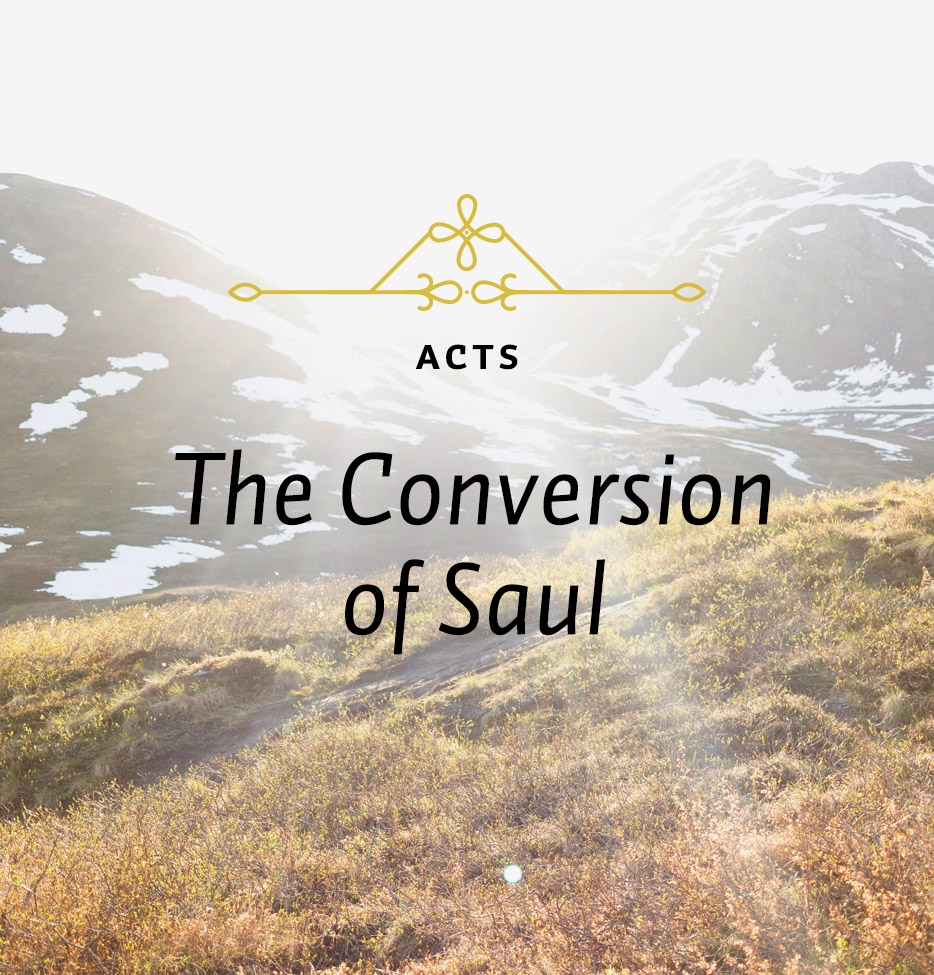What would Paul have thought of Christianity before he met Jesus? He would have thought that it was wrong, of course. That is clear enough. He was a monotheistic Jew. Christians were claiming that Jesus was God. He would have regarded that as polytheism. If Jesus is God and if Jehovah is God, there must be two gods at least. Christianity would have been incompatible with Judaism, as he understood it.
But there would have been more to his rejection of Christianity than this. Not only would Paul have considered Christianity wrong, he would have considered it deceptive. This is because it made such great claims. It claimed not only that Jesus was the Son of God, but that he had proved this by His resurrection from the dead. If Christianity was wrong, as Paul believed it was, then Jesus had not risen from the dead and was not God. Moreover, those who were going about saying that He had been raised from the dead and, therefore, was God were obviously and consciously trying to deceive the Jewish community.
There was also the matter of the empty tomb. Frank Morison, who wrote the classic book, Who Moved the Stone?, calls a great deal of attention to this, showing that the early Christians—the apostles especially—were preaching the resurrection in the very city in which the tomb was located.1 It had been discovered by the priests, as well as by the early Christians, to have been empty. If the enemies of the Gospel had been able to produce the body of Jesus Christ in those days, they would have done it, because nothing would have destroyed Christianity as quickly or as thoroughly as that. That they could not produce the body was a great embarrassment to them. Nevertheless, they tried to explain it. The traditional explanation is the one reflected at the end of Matthew’s gospel, namely, that the disciples came and stole the body (Matt. 28:11-15).
If Jesus had not really been raised, then something like that must have happened. That is the only explanation. The disciples must have stolen the body, and then they must have gone about saying that Jesus had been raised from the dead merely to establish a religion of their own devising, when they knew perfectly well Jesus had not been raised. That is what Saul must have thought. So it was not just a matter of Christianity being wrong. Rather, Christianity was a damnable deceit. It was leading people away from the truth which showed the way of salvation. That alone explains Saul’s actions.
Moreover, if Saul needed justification for his fierce actions, he could have found it easily in the Old Testament. There is the story of Phineas, for example. Phineas killed an immoral man and woman with a spear, and God honored the action by halting a plague. Phineas is praised by God. This is what Saul was trying to do. He was trying to stop this plague of “false” religion by his persecutions.
Therefore, having helped in the persecution of Christians in Jerusalem and hearing that the sect of the Nazarenes, which in this story is now called “the Way,” had begun to spread and was taking roots in Damascus, he got letters from the Sanhedrin in Jerusalem to the synagogues in Damascus to go there and seek out followers of Jesus, arrest them and bring them to Jerusalem for trial. It was while he was doing this that God converted him.
There are some interesting details to this story. For one, in the version found in Acts 26, the Lord is quoted as having said to Saul, “It is hard for you to kick against the goads” (v. 14). This means that Saul was bothered in his conscience. Why, if he was convinced he was doing what was right? Why was his conscience bothered? The explanation must come from his exposure to Stephen at the time of Stephen’s death.
1Frank Morison, Who Moved the Stone? (Downers Grove, IL: InterVarsity, 1969). Original edition 1930.






